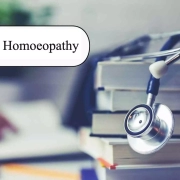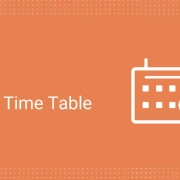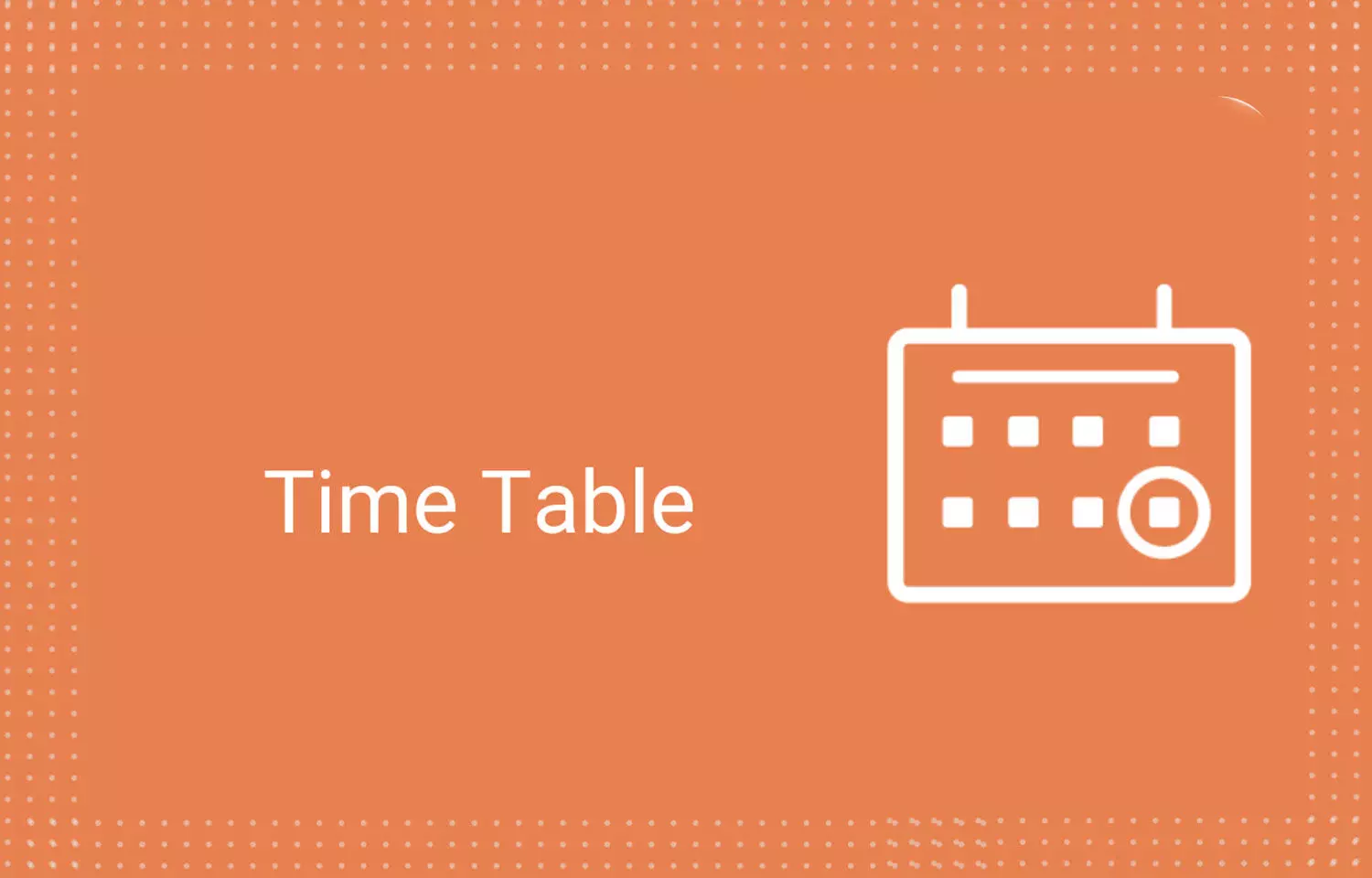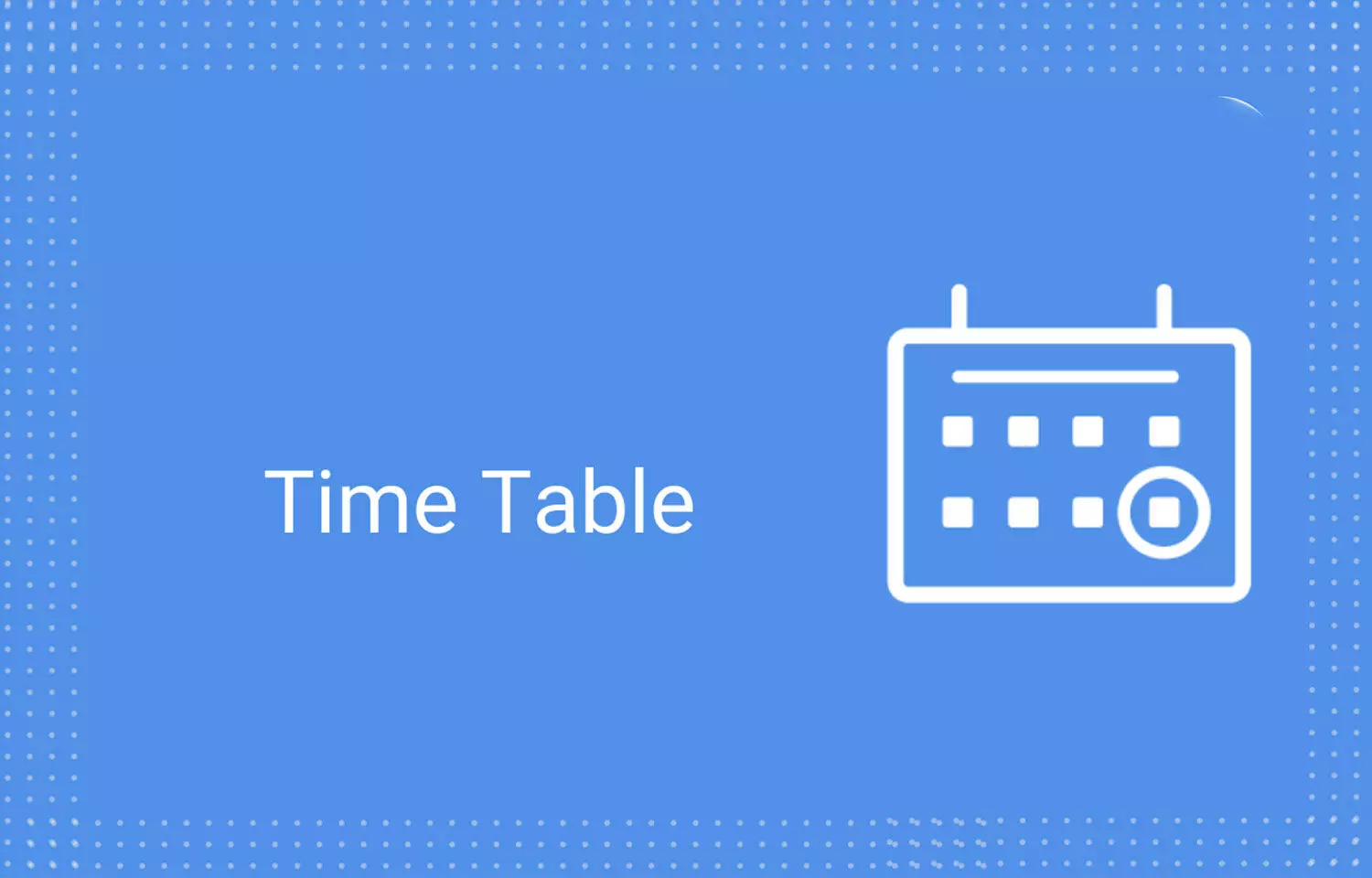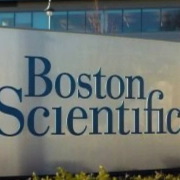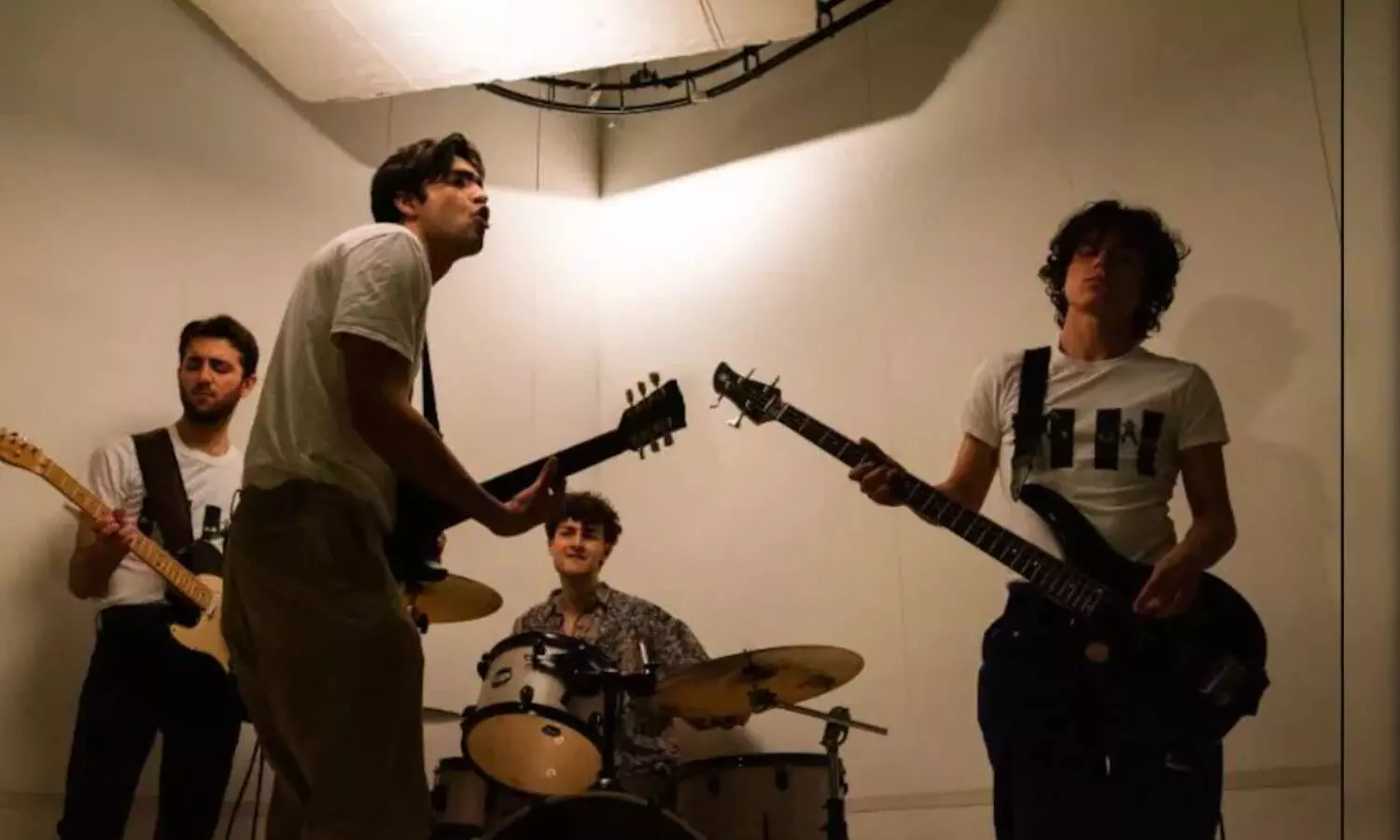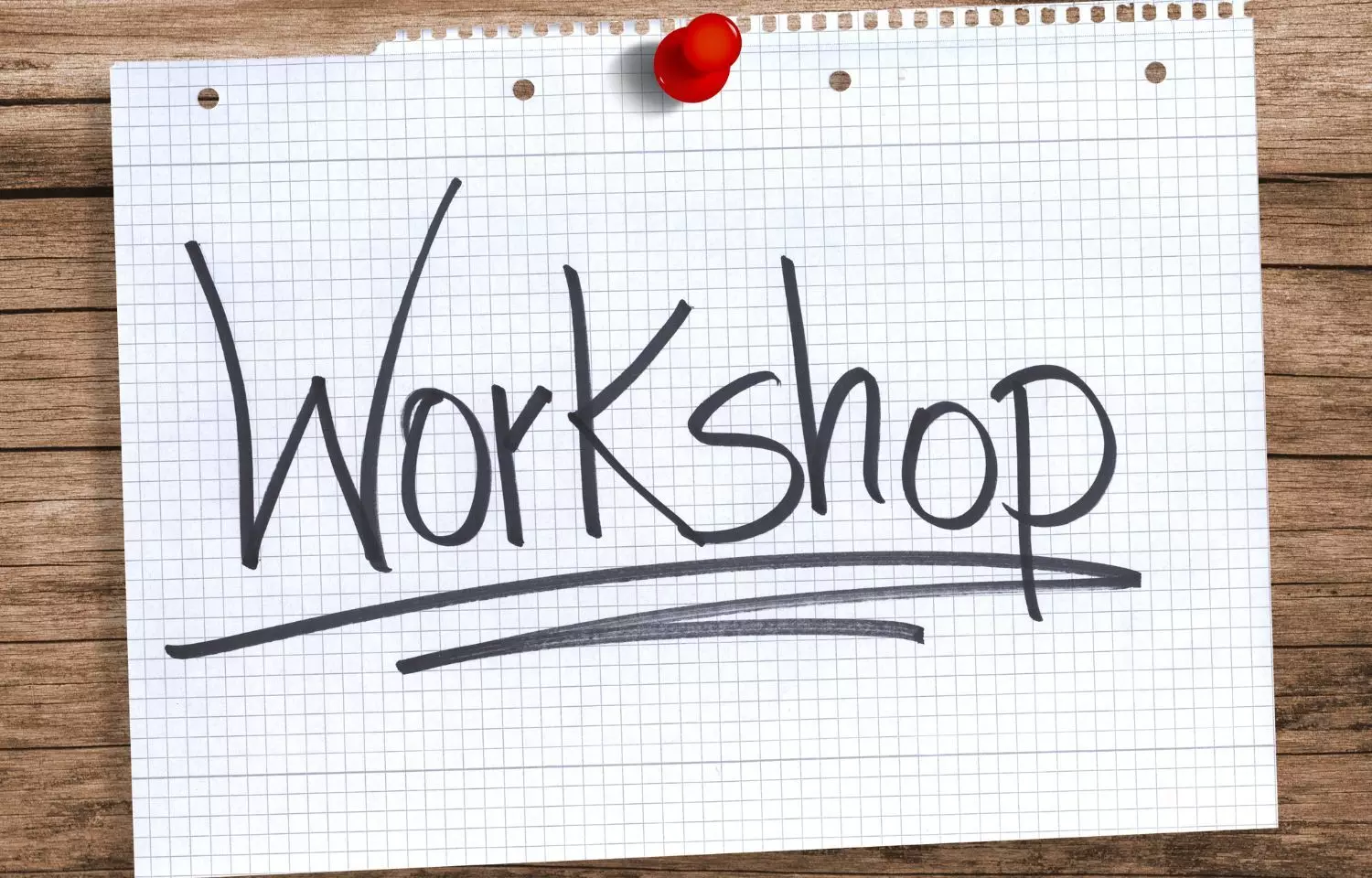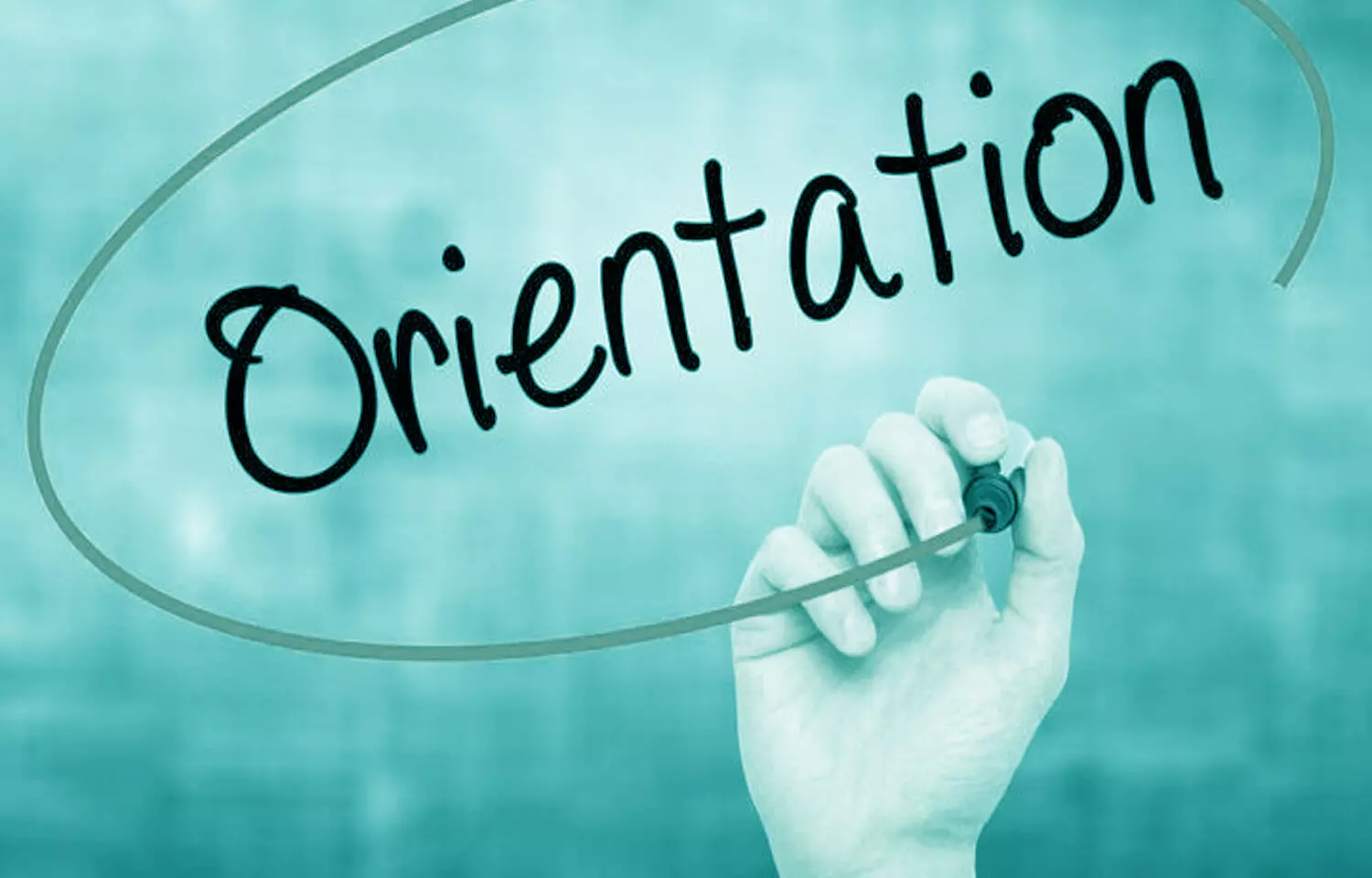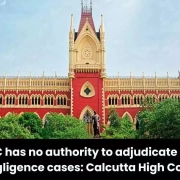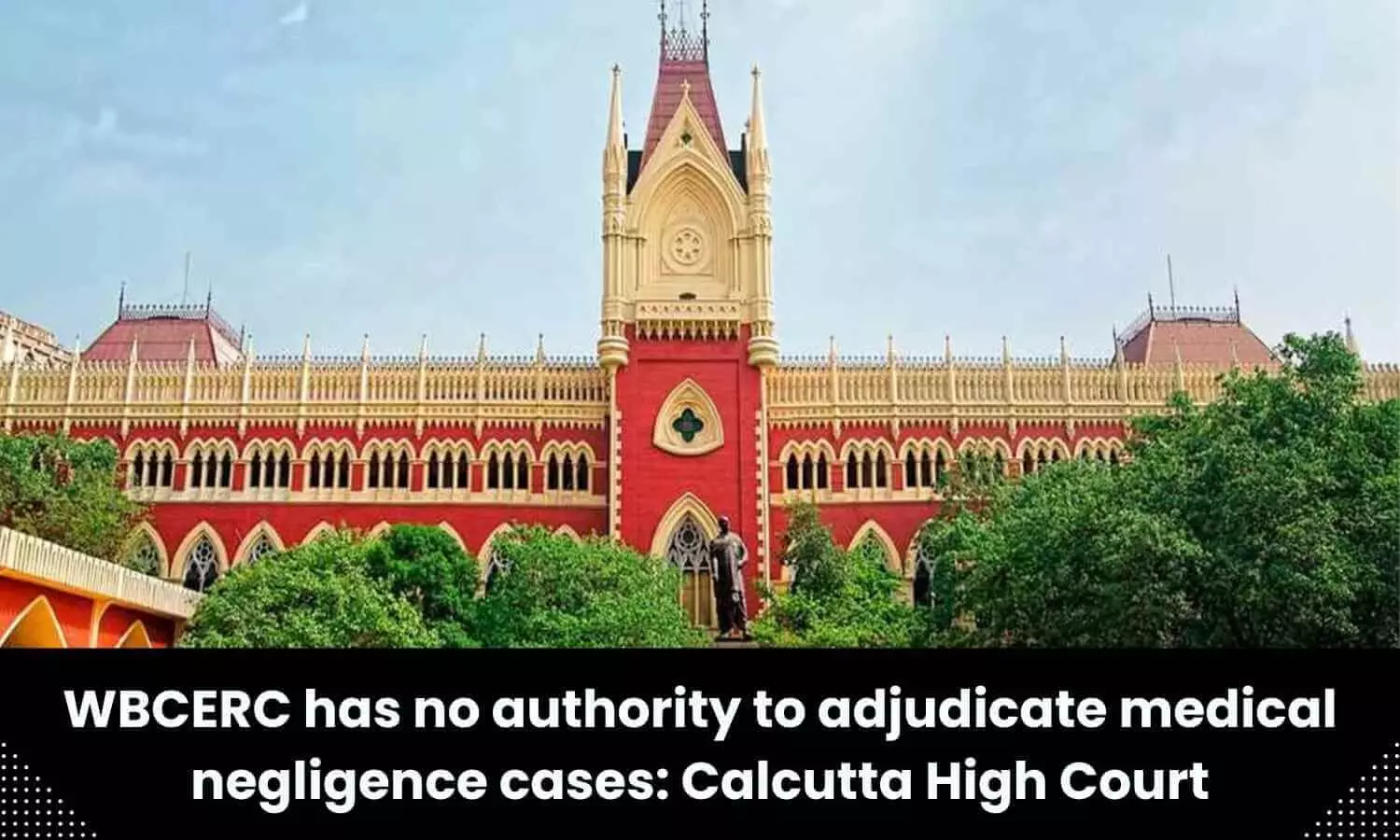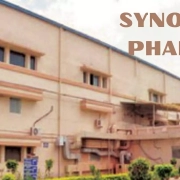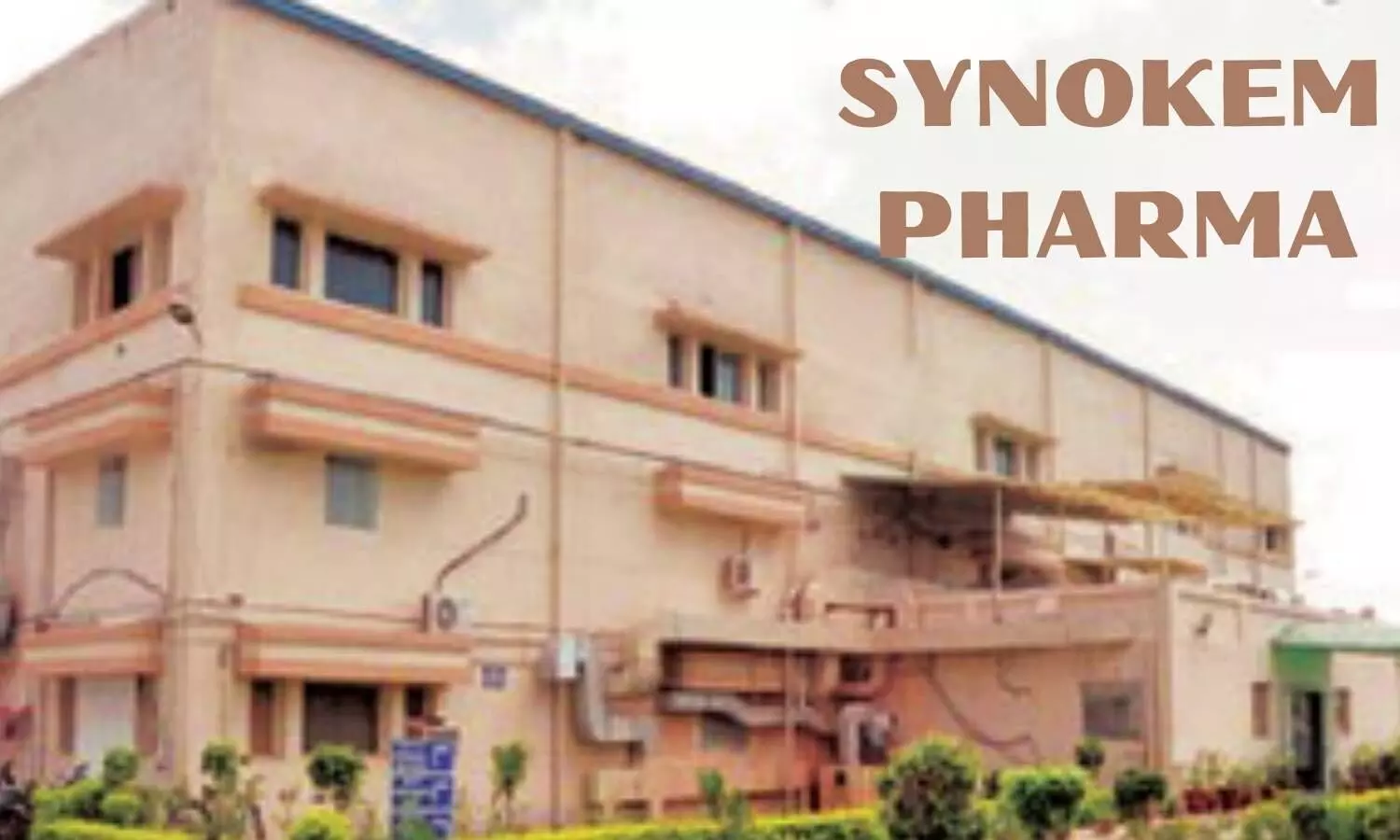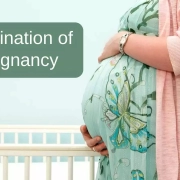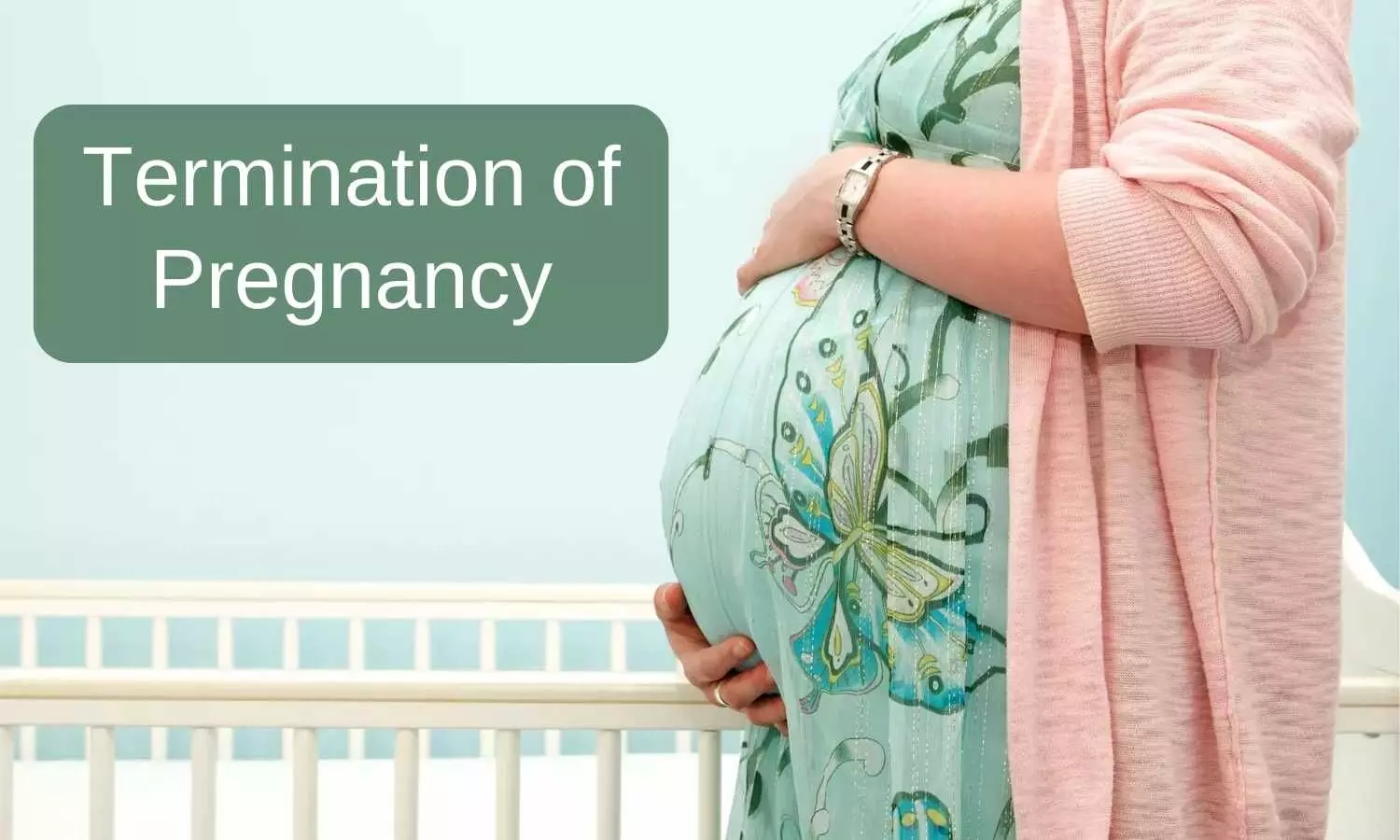NExT for BHMS! Mandatory for Students Joining Internship After November 29

New Delhi: Introducing standardization in Homoeopathy education as well, the National Exit Test (NExT) has also been mandatory for the Bachelor of Homoeopathic Medicine and Surgery (BHMS) courses.
In this regard, the National Commission for Homoeopathy (National Examinations in Homoeopathy) Regulations, 2023 were published in the official Gazette of India on 22.11.2023 and the e-Gazette on 29.11.2023
Releasing a recent notice dated 14.12.2023, the National Commission for Homoeopathy has clarified that it is mandatory for the BHMS interns who have joined the internship on or after 29.11.2023 to appear in the National Exit Test.
“Qualifying of National Exit Test Examination and getting registered in a State or National Register shall be the essential requirement for practicing as a registered medical practitioner or for any job where clinical work is involved or for any job where medical registration is mandatory or to pursue post graduate programs in Homoeopathy,” mentioned the new regulations.
It was stated in the regulations that the NExT exam for the Homoeopathy courses shall ordinarily be conducted in the months of February and August every year.
While the NExT exam for Homoeopathy shall be held for granting license to practice as medical practitioner of Homoeopathy and for enrollment in the State or National Register, it is not going to replace the postgraduate entrance test for Homoeopathy courses.
As per the Regulations, the PG entrance test for Homoeopathy, All India Ayush Post-Graduate Entrance Test, shall be conducted by the National Commission for Homoeopathy every year in April or on the date specified by the Commission.
The National Commission for Homoeopathy (National Examinations in Homoeopathy) Regulations, 2023 were introduced by the National Commission for Homoeopathy, in exercise of the powers conferred by sub-section (1) and Clauses (h), (j), (k), (l), (m) and (n) of sub-section (2) of section 55 of the National Commission for Homoeopathy Act, 2020 (15 of 2020). “They shall come into force on the date of their publication in the Official Gazette,” mentioned the regulations.
National Exit Test:
The new regulations mentioned that a common National Exit Test for Homoeopathy shall be conducted by the Commission through designated authority as provided under sub section (1) of section 15 of the Act.
It further added that the NExT exam for Homoeopathy shall be held for granting license to practice as medical practitioner of Homoeopathy and for enrollment in the State Register or National Register as a registered medical practitioner of Homoeopathy.
Pattern of Examination:
The pattern of the examination shall be problem based to test the clinical competency of a graduate of Homoeopathy as a registered medical practitioner in Homoeopathy, mentioned the Regulations.
Time-schedule for the Examination:
As per the new NCH Regulations 2023, the National Exit Test examination for Homoeopathy shall be conducted ordinarily in the month of February and August every year.
Eligibility Criteria:
Eligibility for appearing in the National Exit Test shall be as below:
(a) An intern who has completed minimum two hundred and seventy days of the internship by the last date for submission of application for the National Exit Test examination
(b) Graduates of Homoeopathy who have completed their internship
(c) Foreign Nationals whose medical qualification has been recognised in schedule III of Homoeopathy Central Council Act 1973 or Recognised as per section 36 of National Commission for Homoeopathy Act 2020.
“However, the National Exit Test qualified candidates shall be eligible to get registered as medical practitioner only after completion of remaining duration of rotatory internship and fulfillment of criteria as specified by Board of Ethics and Registration for Homoeopathy,” clarified the Commission.
Who will Appear in NExT for Homoeopathy:
In the Gazette notification, it was mentioned that the practitioners who have already been registered or have completed internship before the notification of the NCH Regulation 2023, need not appear for the NExT exam.
However, the Commission issued another notification on 14.12.2023 and mentioned, “…it is further to clarify that students who have joined internship before the date of publication of the above regulation in the gazette, need not appear in the National Exit Test. However, it is mandatory for interns who have joined internship on or after 29/11/2023 to appear in National Exit Test.”
“All State Registration Councils are hereby informed to continue registering eligible candidates accordingly if they have completed or joined their internship before 29/11/2023, and come to them for registration after completion of internship,” added the notification.
“Date and other relevant details of the first National Exit Test shall be announced as per regulation and well in time,” the notice issued by NCH President Dr. Tarkeshwar Jain further mentioned.
Meanwhile, the newly notified regulations clarified that “As per sub-section (1) of section 15 of the National Commission for Homoeopathy Act 2020 (15 of 2020), without qualifying National Exit Test, no Homoeopathic graduate (Bachelor of Homoeopathic Medicine and Surgery) shall be eligible to get registered in the State or Union territory Administration or National register, as the case may be.”
The regulations further made it clear that “There shall not be any limit for attempts and duration to appear for National Exit Test” and “The candidates securing 50% and above shall be declared as qualified in National Exit Test Examination and the list of qualified candidates shall be displayed on the website of National Commission for Homoeopathy.”
What happens if a Candidate does not Clear NExT?
In this regard, the new regulations mentioned that if a candidate does not clear the National Exit Test, his graduation degree shall be considered for all other job opportunities and other educational programs or courses where medical registration is not mandatory.
Explanation: Unlike all other graduation degree holders, this degree holder of Homoeopathy, who has not cleared the National Exit Test Examination shall not be eligible for medical practice, though they can appear for the jobs or post-graduation courses other than the post-graduate courses recognised by the Commission, where these degrees are recognised.
Apart from NExT for Homoeopathy, the newly notified regulations also discussed in detail the function and composition of the examination cell, duties and responsibilities of the controller and deputy controller of the examination, the details of the common advisory committee and technical committee, composition of the advisory committee, the terms of references of the advisory committee, composition and the terms of references of the technical committee, National Eligibility-cum-Entrance Test for Homoeopathy, All India Ayush Post Graduate Entrance Test, and National Teacher’s Eligibility Test.
To view the NCH Notification, click on the link below:
https://medicaldialogues.in/pdf_upload/nch-notification-229002.pdf
Also Read: NExT now mandatory after BAMS, BSMS, BUMS courses
Powered by WPeMatico

